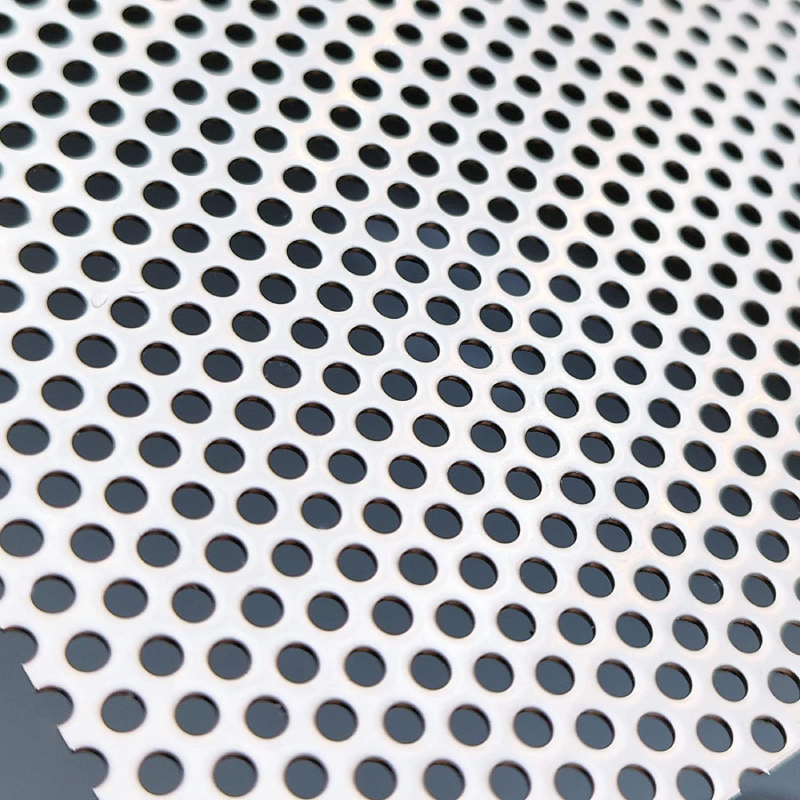The Role of Mesh in Supporting Climbing Plants
Climbing plants, with their remarkable ability to ascend towards light, have fascinated gardeners and horticulturists alike. They possess unique adaptations that allow them to cling to surfaces and grow vertically, which not only enhances their aesthetic appeal but also maximizes their exposure to sunlight. However, for many of these plants, particularly in a garden setting, the provision of proper support is essential for their growth and health. One effective tool for achieving this support is mesh, a versatile and resourceful material that can be utilized in various forms to benefit climbing plants.
Understanding Climbing Plants
Climbing plants, or climbers, are a diverse group that includes vines, creepers, and other plants that rely on external structures for physical support. They have various mechanisms for climbing, such as twining stems, tendrils, or adhesive pads. Common examples include wisteria, clematis, and various species of ivy. These plants thrive in environments where they can find vertical surfaces to latch onto, allowing them to grow upwards and outcompete surrounding vegetation for sunlight.
The Importance of Support Structures
In a natural setting, climbing plants often use trees, rocks, or other plants for support. However, in cultivated gardens, these natural structures may be absent, making it necessary for gardeners to provide alternative support systems. This is where mesh becomes incredibly valuable.
Types of Mesh for Climbing Plants
There are various types of mesh that can be employed for supporting climbing plants
1. Trellis Mesh Often used in garden trellises, this type of mesh is designed for climbing plants to wrap around and cling to. Trellis mesh can be made from a variety of materials, including wood, metal, or plastic. The spaces between the mesh allow the plants to spread out while providing sturdy support.
2. Netting Garden netting can also come in handy, especially for smaller climbing plants. This can be particularly useful for vegetable gardens, where netting helps support plants like peas and beans, guiding them as they grow upwards.
mesh for climbing plants

3. Wire Mesh Wire mesh is particularly durable and can create a rigid structure for larger climbing plants. It can be used on fences or as standalone supports, allowing for extensive growth while maintaining the plant's ability to cling.
4. Plastic Mesh Lightweight and often UV resistant, plastic mesh is a popular choice for supporting climbing plants. It’s easy to install and can accommodate a variety of plant sizes and types.
Benefits of Using Mesh for Climbing Plants
The benefits of using mesh to support climbing plants are numerous
- Enhanced Growth By providing a stable structure, mesh encourages healthy upward growth. Plants can efficiently access light and air, which are crucial for photosynthesis.
- Improved Air Circulation Using mesh allows for better air circulation around the plants. This helps reduce the risk of fungal diseases, as good airflow can keep the foliage drier.
- Aesthetic Appeal Well-supported climbing plants can create beautiful vertical gardens or green walls, significantly enhancing the visual appeal of any garden space.
- Efficiency in Space Utilization By growing upwards rather than spreading out, climbing plants can help maximize space in smaller gardens, allowing gardeners to grow a greater variety of plants in a limited area.
Conclusion
In conclusion, mesh is a valuable resource for anyone cultivating climbing plants. By choosing the appropriate type of mesh for specific plants and their growth habits, gardeners can ensure they thrive in their environments. Beyond mere support, mesh enhances the ecological dynamics of a garden by promoting healthy plant growth and contributing to a vibrant, visually appealing landscape. As urban gardening continues to rise in popularity, utilizing mesh for climbing plants offers an efficient and aesthetic solution for space management in our green spaces. Whether you are a seasoned gardener or just starting, investing in proper mesh support for your climbing plants can yield fruitful results for both you and your garden.
-
Why Galvanized Trench Cover Steel Grating Resists Corrosion
NewsJul.10,2025
-
The Versatility and Strength of Stainless Expanded Metal Mesh
NewsJul.10,2025
-
Load Calculations in Steel Grating Platforms
NewsJul.10,2025
-
Keeping Pets and Kids Safe with Chicken Wire Deck Railing
NewsJul.10,2025
-
Hole Diameter and Pitch for Round Perforated Metal Sheets
NewsJul.10,2025
-
Aluminium Diamond Mesh in Modern Architecture
NewsJul.10,2025
Subscribe now!
Stay up to date with the latest on Fry Steeland industry news.

